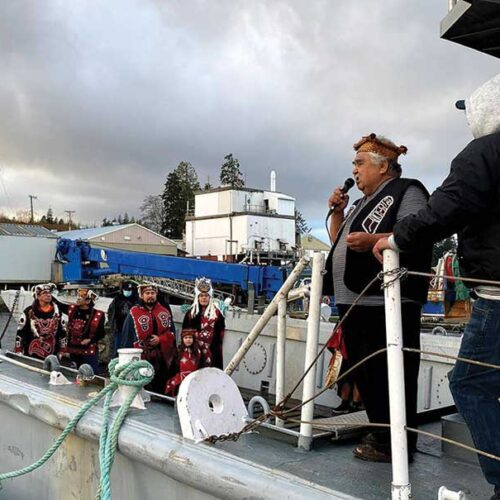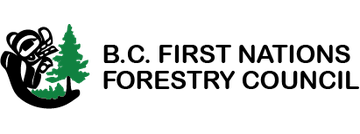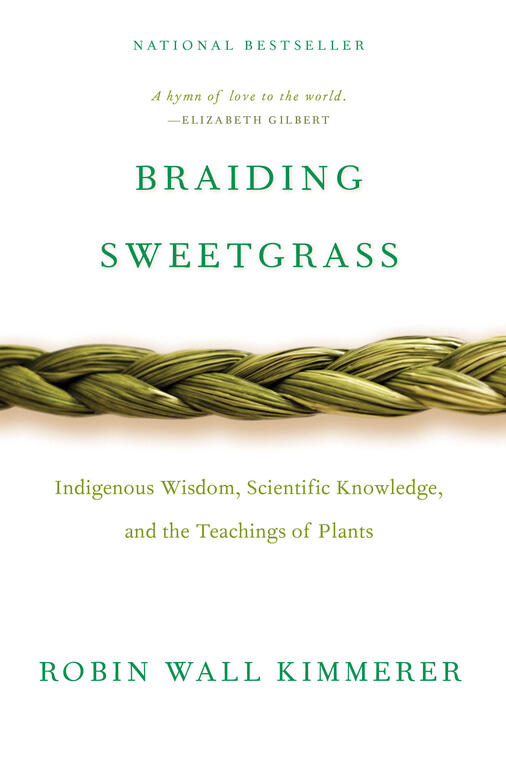For most Indigenous communities in Canada, hunting has been a core part of their traditional culture. In many of these communities, hunting remains a core part of this culture and can be a core part of diet, economy, and notions of masculinity.

Cree Hunters of Mistassini, Boyce Richardson & Tony Ianzelo, provided by the National Film Board of Canada





Drawing on her life as an indigenous scientist, a mother, and a woman, Kimmerer shows how other living beings—asters and goldenrod, strawberries and squash, salamanders, algae, and sweetgrass—offer us gifts and lessons, even if we’ve forgotten how to hear their voices. In a rich braid of reflections that range from the creation of Turtle Island to the forces that threaten its flourishing today, she circles toward a central argument: that the awakening of a wider ecological consciousness requires the acknowledgment and celebration of our reciprocal relationship with the rest of the living world. [from Publisher]

Author Larry Frolick takes the reader deep into one of the last refuges of hunting societies: Canada’s far north. Based on his experiences travelling with First Nations Elders in remote communities across the Northwest Territories, Yukon, and Nunavut, this vivid narrative combines accounts of daily life, unpublished archival records, First Nations' stories and Traditional Knowledge with personal observation to illuminate the northern wilderness, its people, and the complex relationships that exist among them. [from Publisher]

Breaking fresh ground by shining a light on sustainability journeys from outside the global mainstream, this book demonstrates how sustainable recovery and development occurs in respectful collaboration between equals. [from Amazon]

In Hunting Caribou, Henry and Karyn Sharp attempt to understand and interpret their decades-long observations of Denésuliné hunts through the multiple disciplinary lenses of anthropology, archaeology, and ethnology. Although questions and methodologies differ between disciplines, the Sharps'ethnography, by connecting these components, provides unique insights into the ecology and motivations of hunting societies. [from Publisher]
© , University of the Fraser Valley, 33844 King Road, Abbotsford, B.C., Canada V2S 7M8

